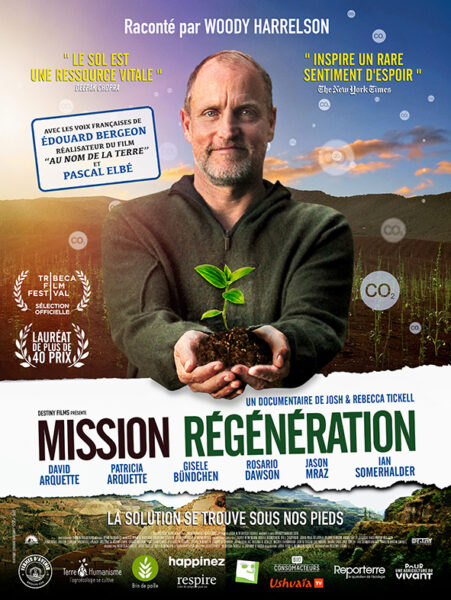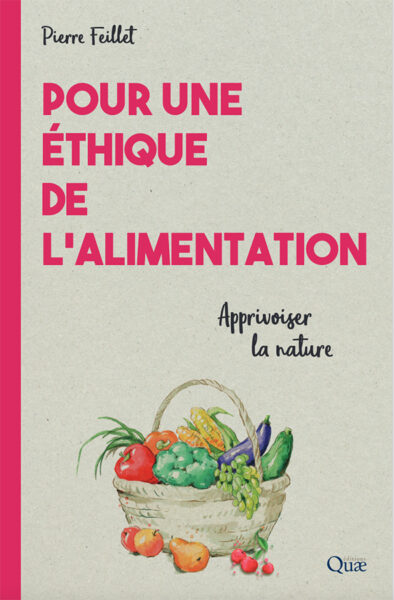For the majority of decision-makers, in both the political and economic spheres, sustainable development has become an unavoidable concept that must be taken into account in most fields of activity. For some years a new approach, called the “service economy”, has been evolving, able to contribute to sustainable development, in particular because it could significantly reduce both the consumption of raw materials and the production of polluting emissions.
Dominique Bourg and Nicolas Buclet describe in this article what the “service economy” involves, i.e. “substituting the sale of the use of a good for the sale of the good itself”. With the help of actual experiments on the part of various firms (such as Michelin, Electrolux, Xerox), they show the benefits of this approach as well as the problems and pitfalls that must be avoided in order not to fail. They also stress that adopting this approach, which means giving priority to the supply of services in the long term over the production of goods in the narrow sense, does not hinder innovation, rather the opposite.
Although the service economy is still little known and too rarely practised in the business world, it is undoubtedly a key way forward towards sustainable development. However, because it overturns long-established patterns of production and consumption, major efforts will probably be required in order to convince both producers and consumers that it is worthwhile.
The "Service Economy". Making Consumption Contribute to Sustainable Development
Cet article fait partie de la revue Futuribles n° 313, nov. 2005



